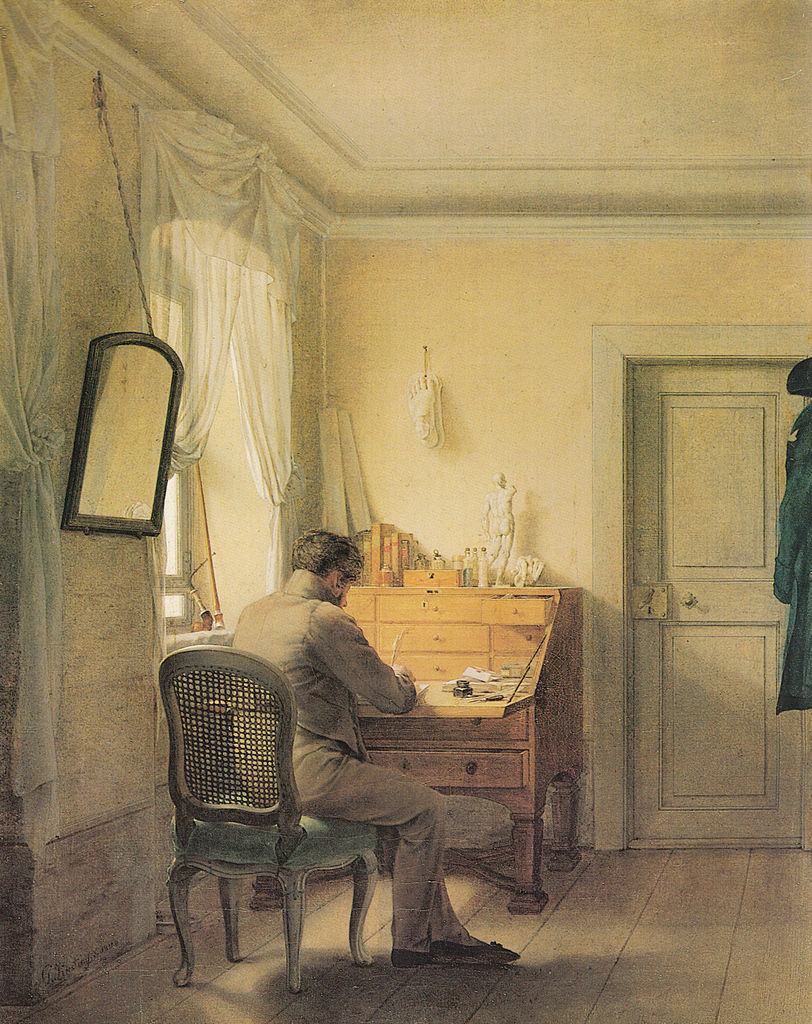Over the years, higher education has become thoroughly vocationalized, and people come to university and college expecting to be trained for the job market.
More and more, society sees the academy as nothing more than a training facility where specific and transferable skills are acquired by individuals which can then be translated into careers and jobs in the marketplace.
Inherently there is nothing wrong about such a view of education; jobs and careers are fundamental to a happy life. But there is an essential problem here, because a primary component is being consistently ignored, which we can get to by asking a simple question.
What guarantees a career or a job or a paycheck in the first place? It is not proficiency in skill – rather, it is the context in which this skill is to be practiced. And this context, of course, is society. It is only within the context of a good society that jobs, careers – in short, the good life – can be guaranteed.
But if education is nothing other than training efficient workers who only know how to apply their skills in job situations – who will manage the needs of society so that it continues to be good, continues to be that context in which jobs and careers, and the good life, are to be guaranteed? If no one is educated in taking care of the good society, will society continue to be good? There is a strong and direct co-relationship between prosperity and the good society.
In our own political and cultural context, the good society is the liberal democracy, which depends upon the idea that all of us must work together to maintain the goodness of our society.
In order to do so, we must be educated in the wisdom of the liberal democratic tradition. But if we only worry about training for jobs, who will have the knowledge to ensure that our society remains both liberal and democratic – that it retains its goodness?
And what are the characteristics of such a society? They are ideals that we all aspire to and expect our society to provide – namely, freedom, personal worth, individual rights, and a government entirely answerable to the people.
Notice none of these expectations depend upon skill, upon being a good worker. And none of these expectations have come about as a result of industry’s efforts.
Industry can function in any type of society. It has loyalty only to profit. These expectations are, of course, ideals – and ideals require two things: education – not skill – and humane thinking.
How We Are Expected to Think
The enduring emphasis of skill in the educational system is also an emphasis on two kinds of thinking, and the neglect of a third kind. Skill is closely related to know-how, or technical knowledge, and to analytical, or scientific, knowledge.
The former is repetitive and performative, in that a skill is repeated in order to produce the same result. Scientific knowledge seeks to explain or predict; it can do no more.
For example, many children are prodigies with mathematics or music, in that they have acquired the skill to repeat notes or numerical patterns. Their expertise, or skill, is marvelous to witness – but no one turns to them for guidance on issues of freedom, individuality, or responsible government. Why?
Because we know that skills are not higher-level thinking. In the same way, a physicist understands fully how to establish models that can test natural laws and predict what nature may or may not do – but we do not consult this person about matters pertaining to the good society, or love. Why?
Because physics is analytical and cannot be used to understand goodness or love. Despite these obvious handicaps in scientific and technical knowledge, we still demand that higher education worry only about training workers. While everyone is functioning smoothly in industry – who is looking after the functioning of society?
Perhaps the reason for voter apathy, for example, and low voter turn-out may directly be related to this question.
There is a third kind of knowledge, which may be labeled practical wisdom. It is not technical, explanatory, or predictive. It is concerned with ideals, with formulating judgments and making decisions, and it directly relates to the way we encounter the world around us and the way we participate in society.
In other words, there is a specific kind of thinking which directly relates to the good society. Practical wisdom is about ideals. Life is always greater than tangible, material things.
Indeed, what is more important to human beings – happiness or skill?
To worry about skills is to desire to become a robot. To worry about happiness is to understand our humanity – because to be happy each of us must reflect upon what truth is and what goodness is, and each of us must create meaning in our lives. Skills can do neither of these things.
To be happy, to have meaning and value, we need to think critically, in the true sense of the term.
